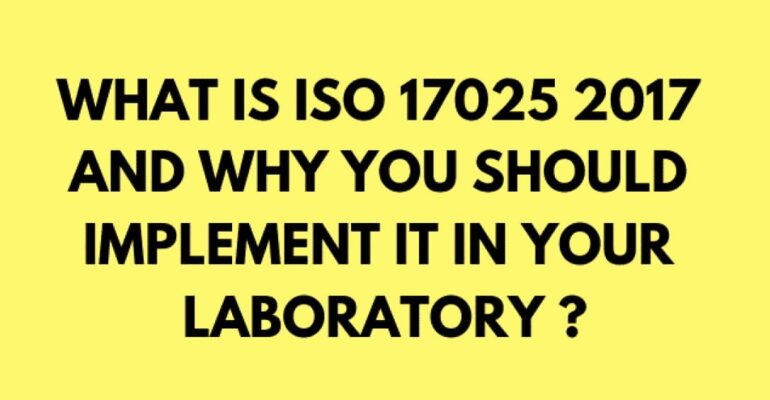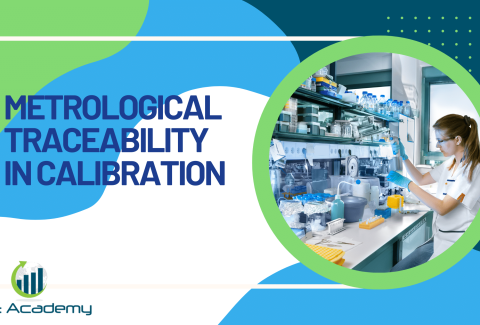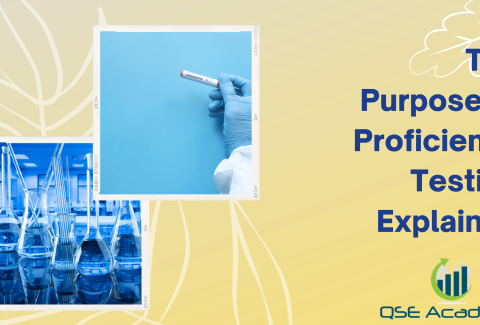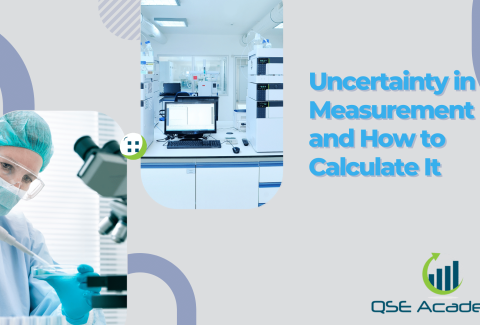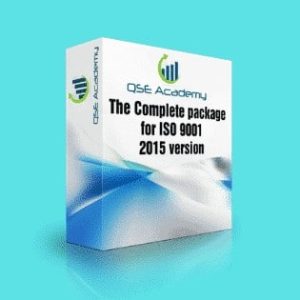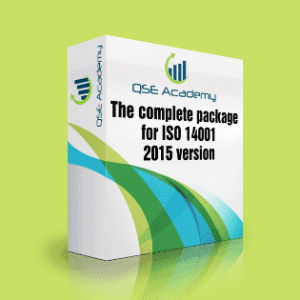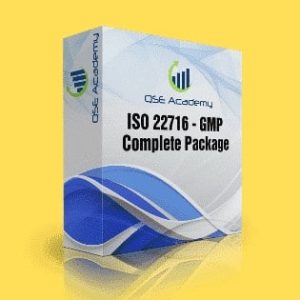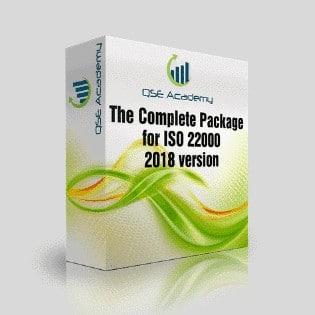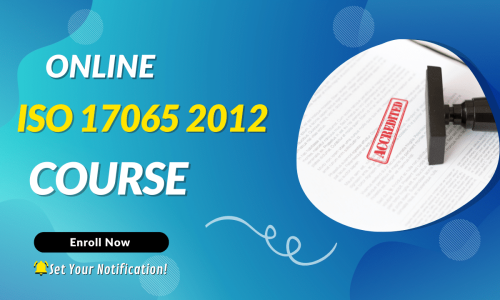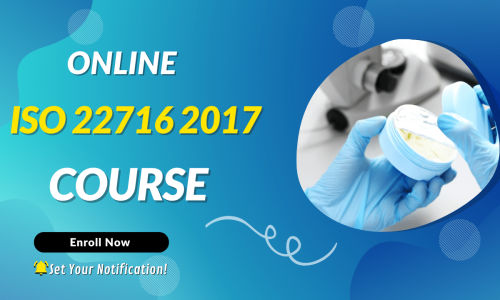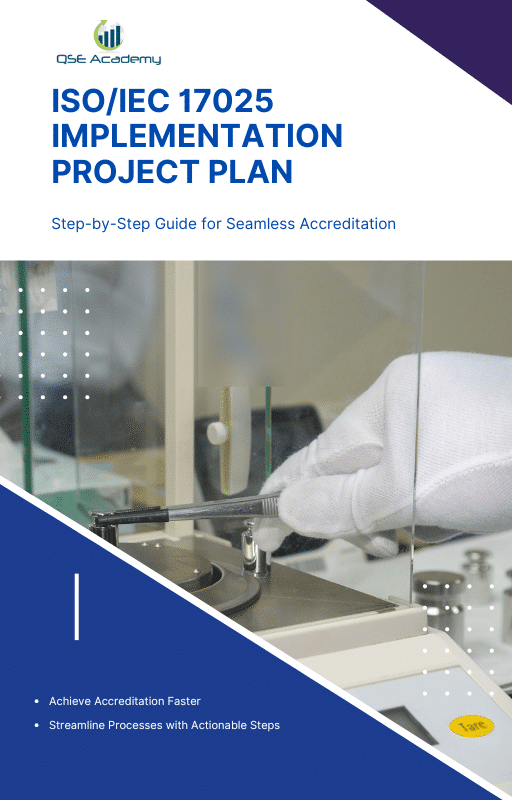What is ISO 17025 and why you should implement it in your laboratory?
What is ISO/IEC 17025 and Why You Should Implement It in Your Laboratory?
If you work in a testing or calibration lab, chances are you’ve heard about ISO/IEC 17025—but what exactly does it mean, and why does it matter so much? Understanding what is ISO/IEC 17025 is the first step toward building a lab that’s not only technically competent, but also globally trusted. It’s more than a certification—it’s a framework that helps your lab prove it can deliver reliable, repeatable results every time.
In this article, we’ll break down what is ISO/IEC 17025 in clear, simple terms. You’ll learn what the standard covers, how it supports quality, and most importantly—why implementing it can be a game-changer for your lab’s credibility, structure, and long-term success. Let’s dive in.
What is ISO/IEC 17025?
Let’s start with the basics. What is ISO/IEC 17025? Simply put, it’s the international standard that sets the requirements for testing and calibration laboratories to prove they are technically competent and able to produce valid results. If your lab tests samples, performs calibrations, or provides measurement data, this is the standard you want to be familiar with.
Understanding what is ISO/IEC 17025 means recognizing that it’s not just about procedures or paperwork. It’s about creating a reliable system that ensures your results are accurate, consistent, and defensible—every single time.
The standard is divided into two main types of requirements:
-
Management requirements, which focus on the quality system, document control, internal audits, and continuous improvement.
-
Technical requirements, which cover everything from staff competence and test methods to measurement traceability and equipment control.
What makes ISO/IEC 17025 especially important is that it’s globally recognized. So when your lab follows this standard, your results are more likely to be accepted across borders—whether you’re serving local industries or international clients.
Now that you know what is ISO/IEC 17025, you can see why it plays such a key role in building credibility for laboratories. In the next section, we’ll look at how this standard supports your lab’s reputation and the trustworthiness of your results.
How ISO/IEC 17025 Supports Laboratory Credibility
Once you understand what is ISO/IEC 17025, it’s easy to see why it plays such a big role in boosting your lab’s credibility. This standard isn’t just about ticking boxes—it’s about showing the world that your lab can be trusted to deliver accurate, consistent, and scientifically sound results.
When clients send samples to your lab, they’re relying on your results to make important decisions. Whether it’s a manufacturer verifying product quality or a regulator checking for compliance, your work needs to be airtight. That’s exactly what ISO/IEC 17025 helps you demonstrate.
Here’s how understanding what is ISO/IEC 17025 translates into real-world trust:
-
It proves your lab operates under a validated quality management system
-
It confirms that your methods, equipment, and people are competent and properly qualified
-
It shows that you’re not just getting “a result”—you’re getting a result backed by a process designed for reliability and traceability
Clients and auditors alike want to know your lab doesn’t cut corners. By implementing ISO/IEC 17025, you’re not just saying your lab is credible—you’re providing structured, internationally recognized proof that it is.
And if someone asks again, what is ISO/IEC 17025 really all about? The simplest answer is this: it’s about confidence—in your team, your data, and your entire operation.
Next, let’s explore why this standard also makes day-to-day operations inside your lab more efficient and consistent.
Practical Reasons to Implement ISO/IEC 17025 in Your Laboratory
Now that we’ve covered what is ISO/IEC 17025 and how it supports credibility, let’s talk about why it’s actually worth implementing in your lab. Beyond the theory, this standard brings structure and clarity that can improve your daily operations in a big way.
When you truly understand what is ISO/IEC 17025, you realize it’s not just a set of rules—it’s a blueprint for how a well-functioning lab should run. It helps you eliminate guesswork, reduce errors, and set your team up for success.
Here are a few practical reasons why ISO/IEC 17025 is worth adopting:
-
It aligns your processes – Everyone knows what to do, how to do it, and where to find the right procedure. This keeps things smooth and consistent.
-
It prepares you for external demands – Whether it’s regulatory audits, customer expectations, or industry contracts, ISO/IEC 17025 keeps you ready.
-
It helps you identify and fix problems early – With a built-in system for internal audits and corrective actions, you don’t let small issues turn into big ones.
-
It boosts team accountability – Responsibilities are clearly defined, and staff are trained and qualified to handle their roles.
Understanding what is ISO/IEC 17025 also helps you see how it removes ambiguity from your workflows. Instead of reinventing the wheel every time something changes, you’ve got a reliable system that supports repeatable, high-quality outcomes.
And remember, implementing the standard doesn’t mean adding a bunch of red tape. It means creating a structure that helps your lab run smarter—not harder.
In the next section, we’ll walk through how to actually start the implementation process so you can take the first confident step forward.
Steps to Start Implementing ISO/IEC 17025
So now that you’ve got a solid understanding of what is ISO/IEC 17025 and why it matters, let’s talk about how to actually get started. The idea of implementing a whole standard can feel a little overwhelming at first—but don’t worry, it’s all about breaking it into manageable steps.
You don’t have to get everything perfect on day one. What matters most is having a clear path forward and building a system that works for your lab’s size, scope, and services.
Step 1: Do a Gap Assessment
Before you start rewriting procedures or creating new forms, take a look at where you are right now. A gap assessment helps you compare your current operations to what ISO/IEC 17025 requires. You’ll be able to see what’s already in place and what still needs work.
This step is especially helpful because it shows you how what is ISO/IEC 17025 applies directly to your lab—not in a generic way, but in terms of your actual daily activities.
Step 2: Organize and Document Your System
Once you know the gaps, it’s time to fill them. This usually means:
-
Creating or updating procedures
-
Assigning responsibilities
-
Making sure you have the right records in place
-
Setting up systems for reviewing and improving over time
Keep it simple and practical. The goal is to build a system that’s usable, not just one that looks good on paper.
Step 3: Train Your Team
Your staff doesn’t need to memorize the standard, but they should understand what is ISO/IEC 17025, how it affects their role, and why it matters. A well-informed team is your best asset during implementation—and especially when it’s time for the external audit.
Step 4: Perform Internal Audits and a Management Review
Before bringing in an accreditation body, you’ll want to do a full internal audit and a management review. These two activities help confirm that your system works as intended and gives you a chance to fix any issues before the official assessment.
Starting your ISO/IEC 17025 journey might feel like a big step, but it’s one that leads to real structure, quality, and confidence in your lab’s results. And the more familiar you are with what is ISO/IEC 17025, the easier each of these steps becomes.
Next up, let’s wrap things up with a few final thoughts on why this standard is such a smart move for any laboratory looking to build trust and grow with confidence.
Final Thoughts on What is ISO/IEC 17025 and Why It Matters
By now, you’ve probably realized that what is ISO/IEC 17025 is more than just a definition or a certification—it’s a mindset. It’s about running your lab with structure, transparency, and a real commitment to quality. And while the path to implementation takes effort, the results are absolutely worth it.
Understanding what is ISO/IEC 17025 helps you move beyond just doing the work—it helps you prove that your work is done right. From the way you handle equipment to how you train your staff and manage your data, everything becomes more intentional and reliable.
Let’s quickly recap:
-
What is ISO/IEC 17025? It’s the international standard for testing and calibration laboratories that proves competence and consistency.
-
It strengthens your credibility, both locally and globally.
-
It improves your internal systems, making work more efficient and less prone to errors.
-
It prepares your lab to meet customer expectations, regulatory demands, and industry challenges head-on.
If you’re serious about quality, accuracy, and trust in your lab’s results, implementing ISO/IEC 17025 isn’t just a smart move—it’s a foundational one. And now that you know what is ISO/IEC 17025, you’re already one step closer to making it part of how your lab works every day.
Ready to take the next step? You’ve got this—and I’m here to help guide you through it, every step of the way.
I hold a Master’s degree in Quality Management, and I’ve built my career specializing in the ISO/IEC 17000 series standards, including ISO/IEC 17025, ISO 15189, ISO/IEC 17020, and ISO/IEC 17065. My background includes hands-on experience in accreditation preparation, documentation development, and internal auditing for laboratories and certification bodies. I’ve worked closely with teams in testing, calibration, inspection, and medical laboratories, helping them achieve and maintain compliance with international accreditation requirements. I’ve also received professional training in internal audits for ISO/IEC 17025 and ISO 15189, with practical involvement in managing nonconformities, improving quality systems, and aligning operations with standard requirements. At QSE Academy, I contribute technical content that turns complex accreditation standards into practical, step-by-step guidance for labs and assessors around the world. I’m passionate about supporting quality-driven organizations and making the path to accreditation clear, structured, and achievable.

